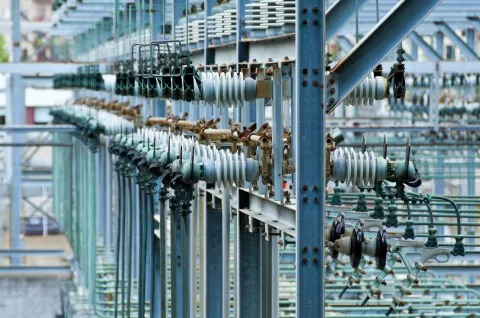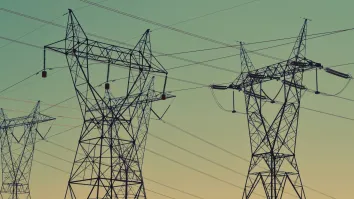
Power developers race to the bottom as Asia phases out tariffs
New auction schemes are pushing companies to bid prices lower and take more risk in their project economics assumptions just to win contracts.
Asian governments’ transition towards competitive capacity procurement for non-hydro renewables has heightened the risks of certain projects in the sector due to changes in project economics, where some projects find it challenging to be profitable due to aggressive bidding and high risk taking, Fitch Solutions said.
Originally, the investment boom in renewables was driven by attractive Feed-in-Tariffs (FiT) enticing investors, but this also lead to high costs for government budgets and/or consumers. In order to curb further costs, FiTs have been gradually phased out in recent years and replaced by more competitive mechanisms for capacity procurement.
Also read: Japan's solar capacity to boom amidst FiT scheme phase-out
Notably, the Chinese government announced its plans to phase out renewable energy subsidies by 2020. The plans highlighted a number of conditions that will apply for renewables projects from 2020. Firstly, renewables projects must match, or be lower than that of the coal electricity price benchmark which varies at the provincial level.
Projects are also required to show that the grid can deal with their variable output, in an attempt to reduce grid bottlenecks and thus prevent renewables generation wastage. Moreover, local governments will still be allowed to subsidise renewables projects, with provinces with less optimal natural conditions set to be able to provide incentives to attract investment.
Lastly, green certificates are set to be awarded to renewables generators, that can be sold to more polluting power generators which will be required to acquire a set amount of certificates to make the footprint of their operations cleaner. However, little additional information is given for this mechanism to date.

According to Fitch Solutions, governments in both developed and developing markets are switching to reverse auction mechanisms to procure power and capacity from non-hydropower renewables, in a bid to (I) drive down the costs associated with subsiding renewable energy and (II) better calibrate the amount of capacity procured in order mitigate the bottlenecks of integrating intermittent wind and solar power supply into the grid.
“The initial FiT driven renewables boom has also led to an oversupply problem in some markets, as the significant increase in renewables power capacity has not been adequately accompanied with investment in new grid infrastructures, or a comparable match in power demand. This has resulted in bottlenecks and a low power generation utility rates in some wind and solar parks, creating generation losses for power developers,” it said.
For example, China has an outstanding payment of nearly $18b, in part due to the lack of transmission capacity curbing renewables integration into the grid.
The phase-out of subsidies toward a competitive auction mechanism heightens the risk for a race to the bottom among bidders, the firm noted. “The adoption of auction schemes will increase competition between renewable energy developers, as companies push bid prices lower and take more risk in their project economics assumptions in order to win contract opportunities. This aggressive bidding and rapid fall in tariff prices in many markets squeezes margins for project developers, which in turn could jeopardise the economic feasibility of parts of the project pipeline.”
Consequently, this may result in project cancellations if the price is too low to cover costs, and has the potential to knock confidence in the market if projects fall through and not progress past the “planning stage” of the development pipeline.
The firm cited India’s solar sector, in which the government continues to push for lower tariffs in the tender process, which have already resulted in the undersubscription and cancellation of a few auctions across FY2018-2019. “Most recently, Tamil Nadu, one of India’s largest renewable energy states, have decided to cease wind and solar auctions for the time being due to undersubscription in the previous two,” it said.



















 Advertise
Advertise





